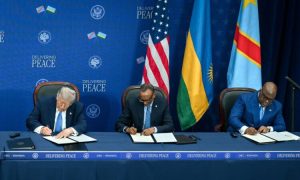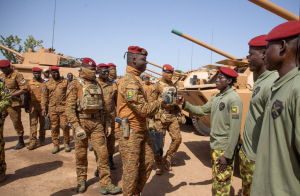Sahel: What stance should the AES authorities adopt in the face of Algeria’s troubling U-turn?

In the face of recent turbulence in Algeria’s regional policy, the Alliance of Sahel States (AES) finds itself at a crucial crossroads, confronted with developments that require thoughtful consideration and strategic response. Over the years, Algeria has positioned itself as a key player in initiatives aimed at resolving Sahelian crises, actively participating in international meetings.
However, recent criticisms from Algerian government media towards AES member countries cast doubt on the sincerity of its previous commitment, raising legitimate questions about Algeria’s true intentions.
In this delicate context, the authorities of Mali, Burkina Faso, and Niger, essential members of the Alliance, are compelled to adopt a cautious stance towards Algeria and analyze the underlying motivations behind these policy shifts.
The foundations of regional cooperation are under close scrutiny, demanding decisive measures to ensure the safety and well-being of citizens in these nations.
In this context, the AES must strengthen its internal cooperation and intensify its efforts to guarantee the stability and development of the three countries.
It is crucial that the AES member countries remain united and show solidarity in their quest for security and prosperity, while standing firm in the face of unjustified external pressure and Algeria’s murky game.
In conclusion, the time has come for caution and vigilance on the part of the authorities of the Alliance of Sahel States (AES) in the face of Algeria’s about-turn in its Sahelian diplomacy.
By adopting a posture of measured mistrust and strengthening sub-regional cooperation, the member countries of the AES will be better able to face up to present and future challenges, while preserving their sovereignty and security.
Cedric KABORE












